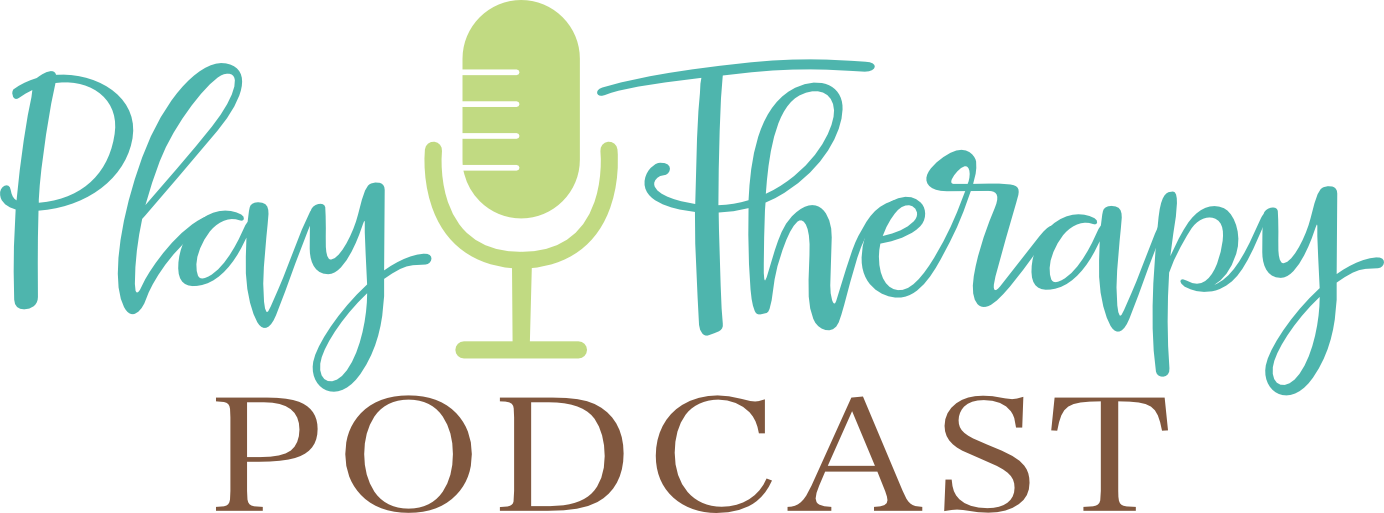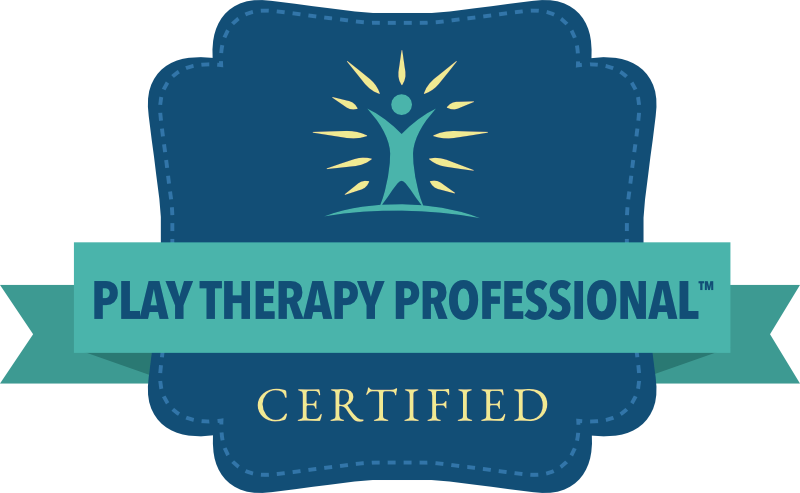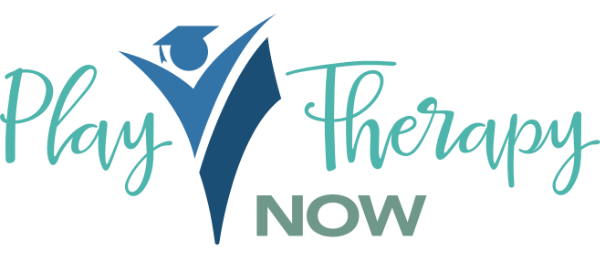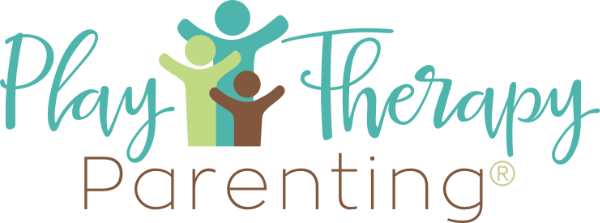Session Savvy: Reflecting Content Without Assuming Emotion
In this Session Savvy episode of the Play Therapy Podcast, I discuss an important topic: not assuming that content is emotionally connected in child-centered play therapy (CCPT). I explain that therapists often make the mistake of reacting to play scenarios based on their own assumptions rather than waiting for the child to cue the emotional response. I share specific examples, such as being handcuffed, shot, or stabbed during play, and emphasize the need to maintain neutrality unless the child clearly indicates an emotional context.
I also touch on how assuming certain feelings—like excitement about a birthday—can lead to misinterpretation if the child doesn’t express that emotion explicitly. The key takeaway is to reflect content or track behavior neutrally and wait for the child to clarify their emotions. This approach allows for a more accurate, child-centered response and prevents unintentional directives or assumptions by the therapist.
Sign up for my exclusive newsletter at playtherapynow.com. Stay ahead with the latest CCPT CEU courses, personalized coaching opportunities and other opportunities you need to thrive in your CCPT practice!
If you would like to ask me questions directly, check out www.ccptcollective.com, where I host two weekly Zoom calls filled with advanced CCPT case studies and session reviews, as well as member Q&A. You can take advantage of the two-week free trial to see if the CCPT Collective is right for you.
Ask Me Questions: Call (813) 812-5525, or email: [email protected]
Brenna’s CCPT Hub: https://www.playtherapynow.com
CCPT Collective (online community exclusively for CCPTs): https://www.ccptcollective.com
Podcast HQ: https://www.playtherapypodcast.com
APT Approved Play Therapy CE courses: https://childcenteredtraining.com
Twitter: @thekidcounselor https://twitter.com/thekidcounselor
Facebook: https://facebook.com/playtherapypodcast








